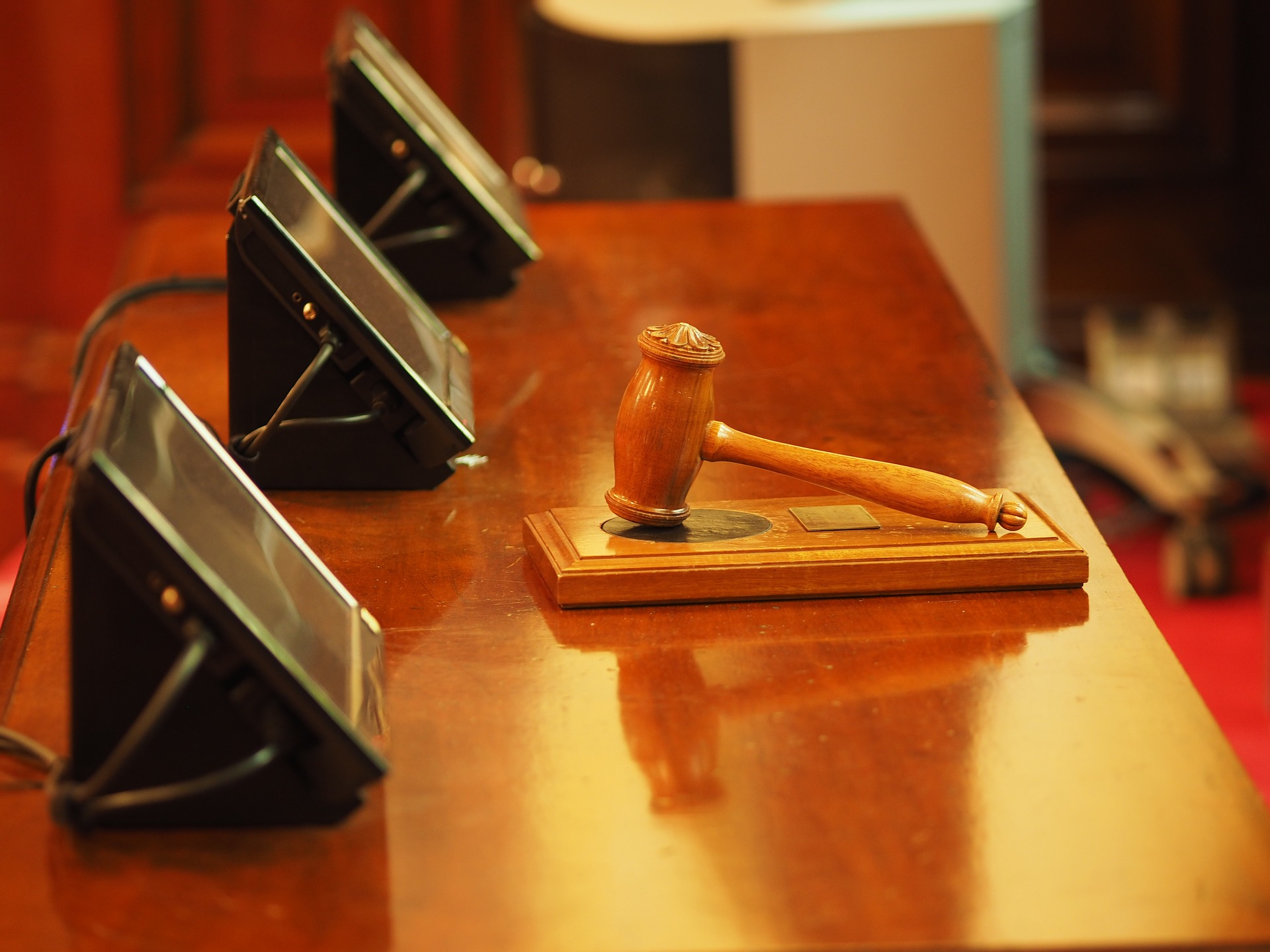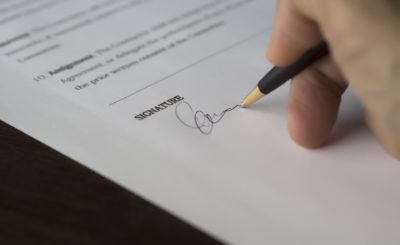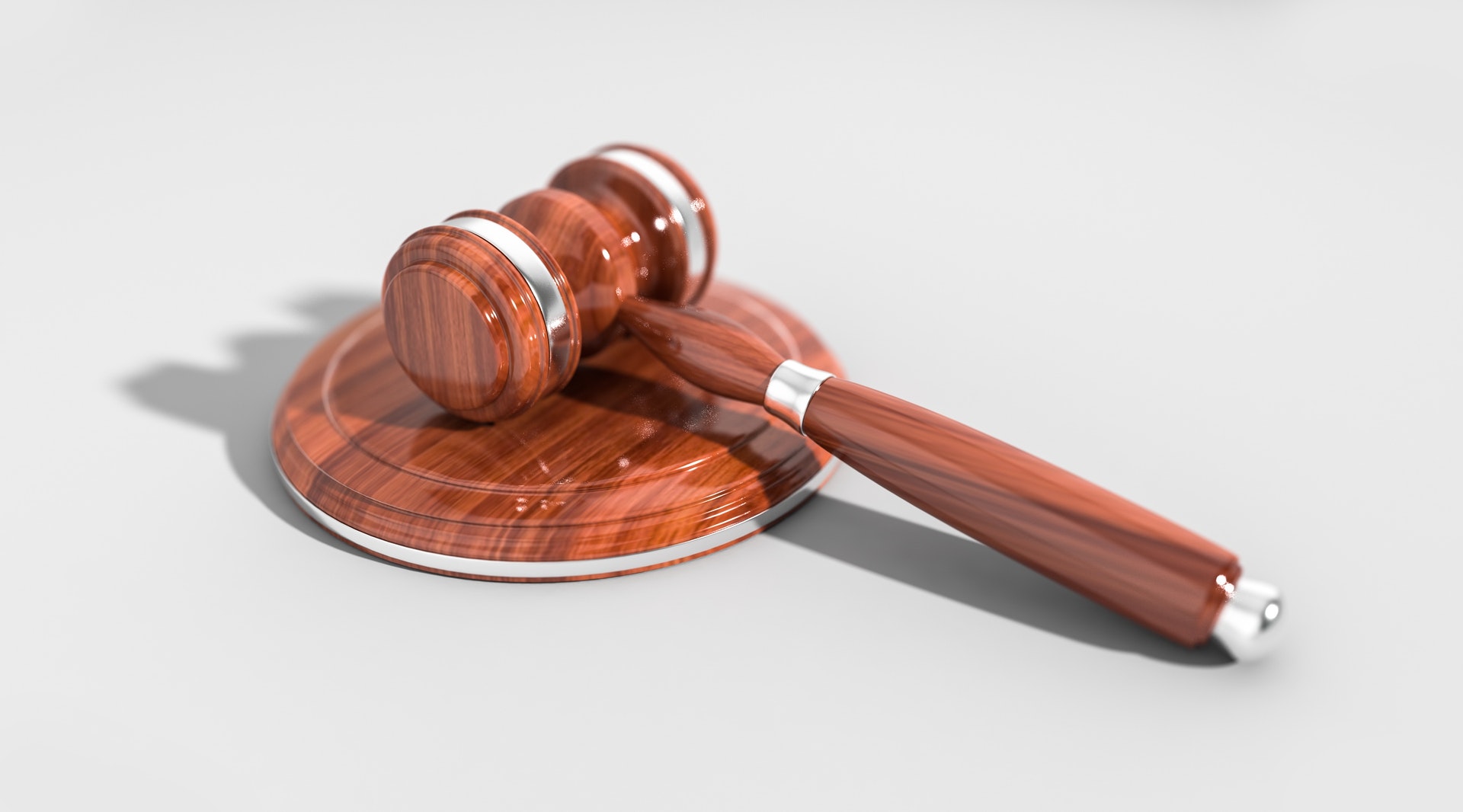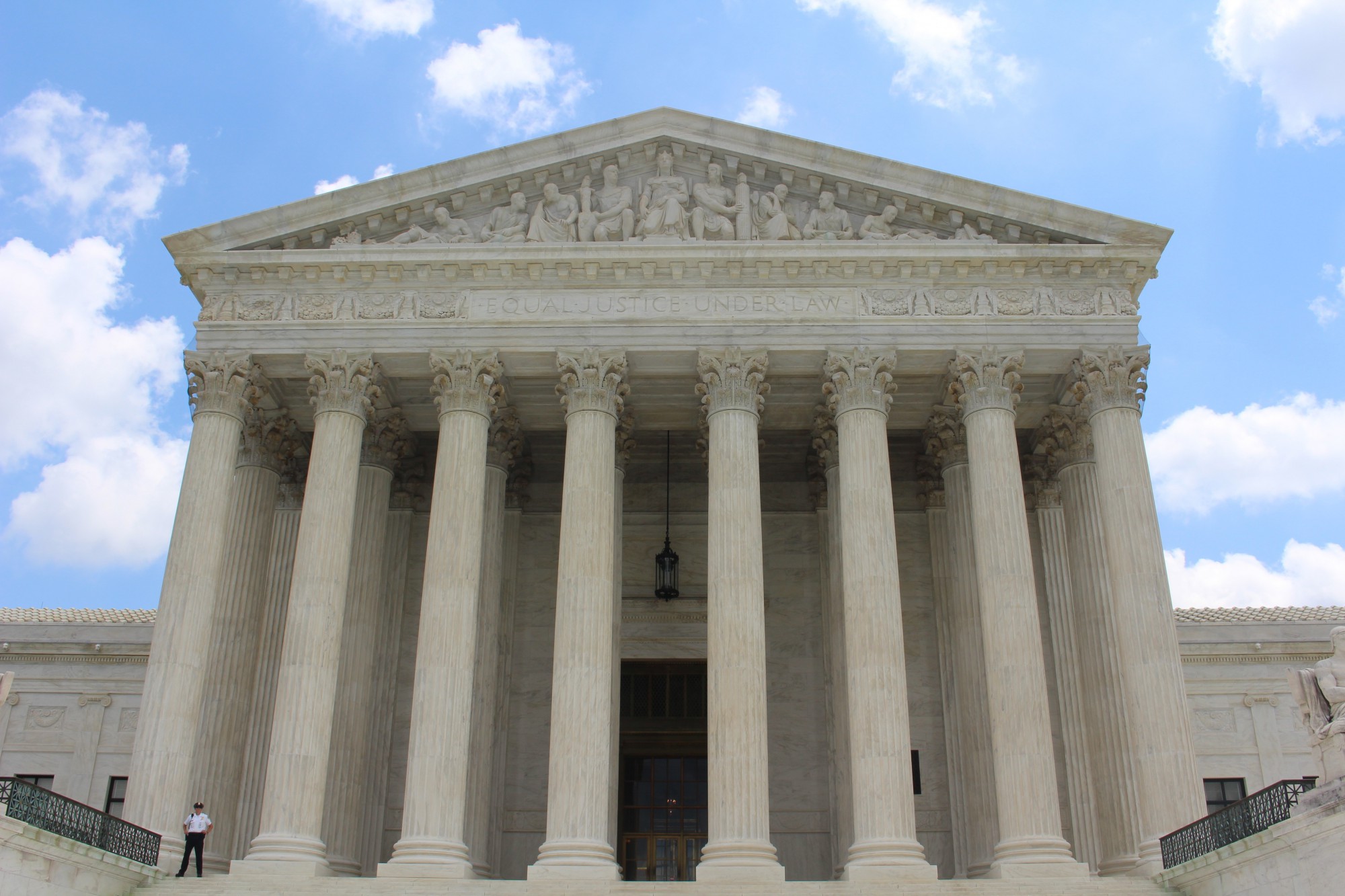You have heard the term hearsay thrown around on legal television shows or when legal analysts or attorneys come in news television shows to discuss politics or outlandish criminal cases. But what exactly is it? Well we can tell you that it goes hand in hand with what information can be discoverable in court. It is also directly related to the determination of what evidence is considered relevant.
Hearsay is best defined a an out of court statement made by a human used to prove the truth of the matter the statement is about. In court rooms across America hearsay is not allowed. Any hearsay statements said in court will be thrown out. So for instance let us say that you are in court for battery. You argue that you are innocent and did not hit the other person. A former co-worker takes the witness stand and says your violent. And that he has seen you punch a bunch of people. Well his statement is hearsay. Because his statement is used to prove the truth of the matter. The truth of the matter at issue is whether you punched the other person. By saying your violent and you have punched a bunch of people before shows your violent and likely to have done it in this instance.
The judge will not allow such statements. Well. That is. Unless they meet an exception or are considered valid non-hearsay or an admission or if they’re acceptable because a person is unavailable for court. This, the above statement by the witness could still come into play if it meets certain exceptions listed below. A judge will determine if the statement meets the exceptions below by weighing of the probative value outweighs unjust prejudice in court.
Valid Non Hearsay: (statements showing the following are allowed in court)
- Legally significant
- Effect on the listener
- Knowledge of the speaker
- State of Mind of the Defense
Declarant is Unavailable (statements when witness is not available for court)
- Former Testimony
- Family Records
- Dying Declaration
- Statements against interest
- Statements Made by witness who was made unavailable as a result of the defendant
Admissions: (previously admitted statements)
- Prior consistent statements
- Prior inconsistent Statements
- Prior bad acts
- Prior identification
- Statements by an opposing party
Also anything that shows:
- Motive
- Identification
- Mistake
- Intent
- Common plan
Other exceptions
- Business Records
- Treaties
- Newspapers
- Documents older than 20 years old
- Statements under oath
- Photographs after foundation is found
- Relevant evidence
- Lay opinions
- Expert opinions
- Writings and recordings after foundation is found






